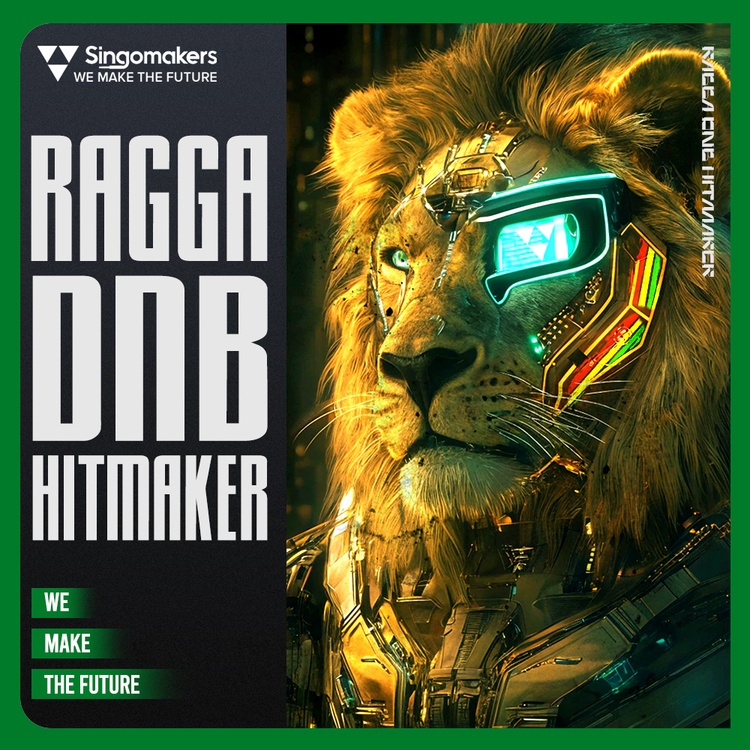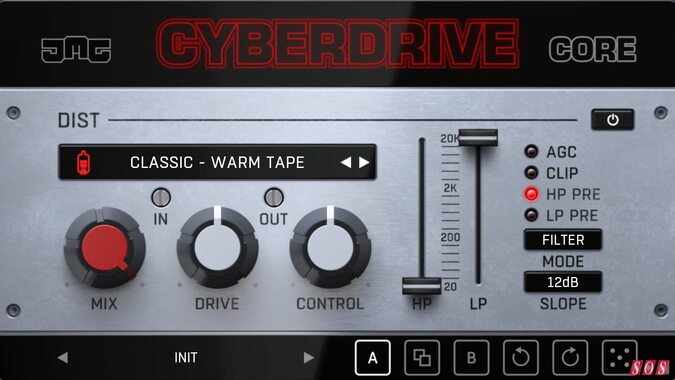16 Careers You Can Pursue in Music Production
Music production is a music industry professional who creates and distributes new music. Music producers can collaborate with both established and new artists to create new music in any genre. If you are creative and enjoy working with musicians, you might be able to thrive in a music production career. This article will explain why …
The post 16 Careers You Can Pursue in Music Production appeared first on Beat Production.
https://beatproduction.net/
Music production is a music industry professional who creates and distributes new music. Music producers can collaborate with both established and new artists to create new music in any genre. If you are creative and enjoy working with musicians, you might be able to thrive in a music production career. This article will explain why music production is a good career choice and provide a list with 16 possible careers.
Music production is a great career choice
Music production can offer many benefits. You get to collaborate with musicians and work in a creative setting. A song is made up of many steps. This means that there are often many jobs for every music project. Music producers can work in many music genres. This can help you decide which career path is best for you. However, even getting a degree in music will require you to submit a lot of paper work. Luckily, there is always custom dissertation writing help to assist you.
16 career options in music production
These are 16 career options that you could pursue in music production.
- Music producer
Music producers oversee the recording and production of individual songs and albums. Music producers can also be called track producers or record producers. Music producers are responsible for helping musicians create ideas, selecting songs to record and working with them to ensure that their music is of the highest quality.
- Instrument technician
Instrument technicians, also known as instrument specialists, assist musicians in using their instruments in the studio. They may be responsible for setting up equipment and arranging instruments during recording takes. You can also become an instrument technician by specializing in a specific instrument such as the keyboard, guitar, drums, or bass.
- Digital audio editor
An audio editor is someone who edits recorded music. After a recording is finished, a digital audio editor might edit or splice a song or copy over data. They are primarily involved in post-production of music projects and work to improve the sound quality of every project.
- Audio technician
Audio technicians are responsible for the sound quality of musical projects. They are involved in the recording of music and can edit recorded pieces or operate audio recording equipment. They can repair and check the sound quality of recording equipment for musicians.
- Copyist
A copyist is someone who transcribes musical sounds into sheet music. This is especially useful for recording projects with multiple vocalists and instrumentalists. Everyone can see a physical copy of each part. You can either use computer programs or hand-transcribe notes to create sheet music.
- Recording studio manager
The recording studio manager manages the business operations of the studio. Managers of recording studios can either own or manage existing studios. They are responsible for scheduling studio time and hiring professional operators. The manager of a recording studio might also be involved in marketing strategies to attract customers who want to rent their studio.
- Lyricist
Lyricists are responsible for the lyrics and the words that go into songs. Some music artists can write their own lyrics. Others hire lyricists in order to achieve the tone and message they desire through their music. Lyricists have two options: they can either write songs and sell them to musicians who add musical elements or they can collaborate with artists to create songs. Lyricists can also work in theatre and television.
- Radio broadcast engineer
Radio broadcast engineers operate sound equipment on radio stations. Radio broadcast engineers are able to set up and operate recording equipment as well as repair or maintain damaged equipment. Radio broadcast engineers are also familiar with the computer systems used by radio stations. This means they can assist in editing recordings and observing broadcasts.
- Sound designer
Sound designers use audio elements to enhance recordings. These elements could include audio recordings of speech, instrumentals, or other ambient sounds that compliment the music projects they are working on. To ensure that each element of a recording project is well integrated with the rest of the project, sound designers work together with other sound editors. They may also be employed in the entertainment, theatre, and videogame development industries, where they are often called sound/special effects editors.
- Sound mixer
Sound mixers are responsible for balancing sound in a recording project. This includes the volume and sound quality of tracks, which can change between takes or if multiple mics are being used. Sound mixers may work on recordings or live performances. They might adjust the volume of microphones and keep track which instruments are being played at what times.
- A&R coordinator
A&R coordinators are responsible for finding new talent within the industry and hiring new artists to record label. A&R is an acronym that stands for “artists & repertoire.” A&R coordinators conduct research on artists to find out if they would be a good fit for the label they work for. A&R coordinators have the ability to recruit musicians, musicians, and other musical professionals to maximize their studio’s success and build a client list.
- Radio promotion manager
Radio promotion managers help artists find radio stations that will play their music. This involves finding radio stations that are interested in playing an artist’s music, and marketing them to other radio stations. Radio promotion managers may work for record labels or recording studios and represent the artists they create music.
- Tour publicist
Tour publicists schedule events to promote the upcoming tour dates of a musician. Interviews, previews of shows and concert reviews are all possible. All these events provide exposure and publicity for their clients. Publicists are responsible for ensuring that people attend concerts they promote. They might also be involved in promotional materials such as press releases and flyers.
- Foley artist
Foley artists create non-musical sounds that sound editors can use in recorded songs. Foley artists have endless options for creating sounds such as footsteps, doors opening, and rushing water. Foley artists are often hired by recording artists to make sounds that require special attention and might not be possible to find on a sound mixer board.
- Audio-visual technician
An audio-visual technician works with sound equipment and video equipment. Audio-visual technicians may work with musicians on music videos and other projects that use video elements. Audio-visual technicians are able to operate audio devices such as microphones or looping pedals, as well as video equipment like cameras and lighting equipment.
- Film music editor
Music editors are music professionals who edit music and add it to films. This could include editing audio files, mixing music and synchronizing music to films so it plays at certain times. To ensure that the soundtrack is used in the best way possible, a music editor may work with the film’s composer. Film directors can collaborate with music editors to finalize the musical elements of a movie and decide where songs should be placed in relation to scene and story.
The post 16 Careers You Can Pursue in Music Production appeared first on Beat Production.
This is a syndicated post. To read more, click the source link above.



